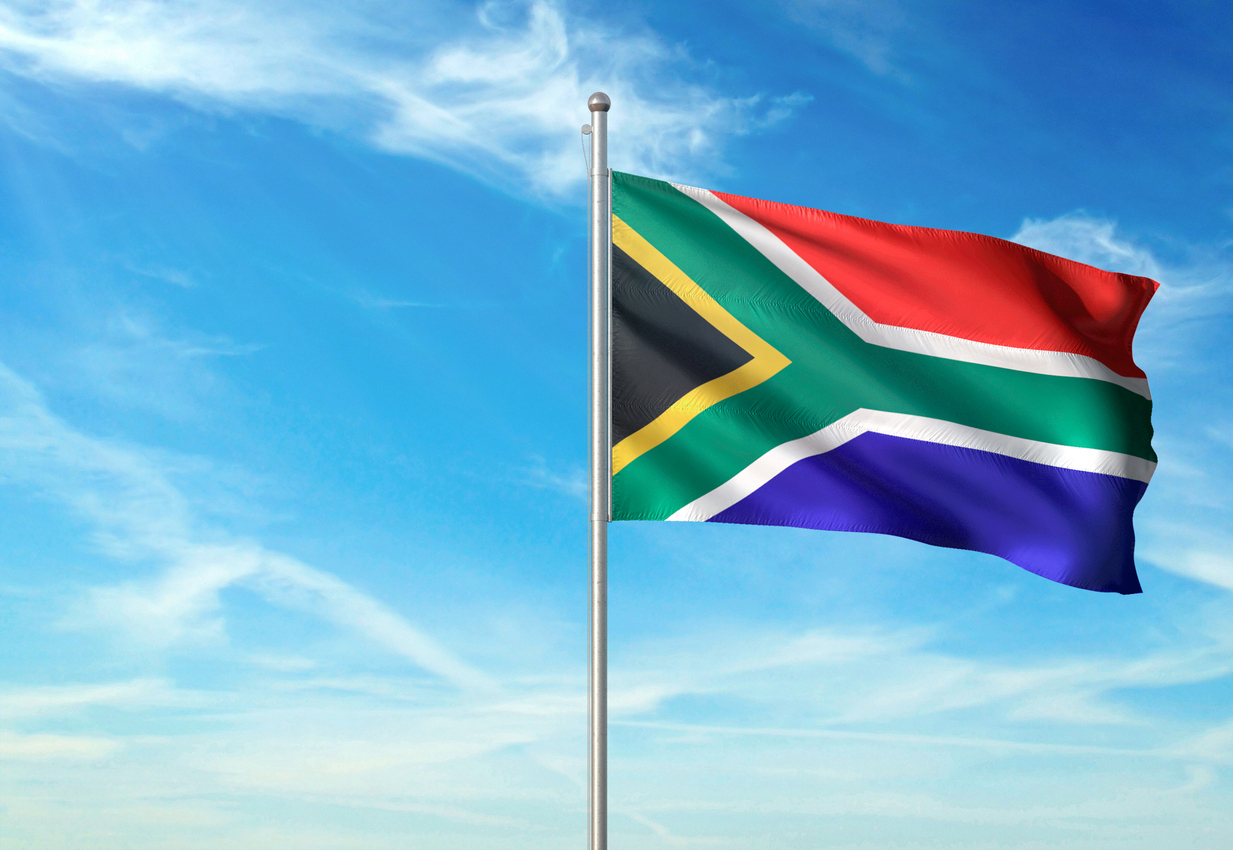Shipping Your Goods From Germany to South Africa: An Overview
Shipping Your Goods From Germany to South Africa: An Overview
When shipping from Germany to South Africa, it’s important to choose a carrier that can handle your shipment from start to finish. A fragmented logistics chain can lead to inefficiency, increased costs, and even delays in delivery. Finding the right shipping partner can be challenging for businesses looking to export goods. Fortunately, several companies specialize in international freight forwarding services. These services companies are able to streamline the shipping process by taking on some of the logistics involved in moving goods across borders. Keeping these points in mind before selecting a shipping company will help you find the best service provider for your needs:
Focus on reliability and transparency when selecting a shipping company.
Shipping is a highly regulated industry, and customers have a number of protection rights. The first thing to look for therefore is a shipping company that has transparent pricing and a reputation for reliability. Always read the fine print and make sure the company is legally authorized to operate in your jurisdiction. You should also check if the company is a member of the International Association of DrRetailers and Contractors. Membership in these organizations comes with a code of conduct that ensures transparency and protects customers from fraud.
Ask for references and check the provider’s reputation.
The best way to decide which company to work with is to get in touch with existing customers. Ask them about the quality of service they received and if they would recommend the provider to others. Customer service is a crucial aspect of any business, and the best way to get positive feedback is by providing excellent service to your customers. Before contracting with a company, conduct your own online research and review the feedback the provider has received from past customers. It’s important to look at both the positive and negative feedback, as this will help you identify areas of improvement.
Understand the process of finding the right vessel and meet your obligations under the Rotterdam Convention.
When shipping from Germany to South Africa, you’ll first need to find a suitable vessel. Finding the right vessel for your shipment involves several factors, including the ship type, capacity, and the port of origin and destination. You’ll also need to be aware of your obligations under the Rotterdam Convention, which regulates the international shipment of goods. Article 5 of the convention regulates the use of a single documentary cargo unit that includes the air waybill and other customs documents used to transport the shipment. This single trade document simplifies the process and helps reduce bureaucracy.
Be sure to include any necessary customs requirements in your request for quotes (RFQ).
You’ll want to check with your local customs office to determine if a permit is required for your goods. Be sure to include this information in your RFQ when shipping to South Africa. Customs Clearance procedures will vary depending on the type of goods being shipped.
Be aware that loading deadlines are critical when shipping from Germany to South Africa.
If you’re shipping by sea, you’ll need to meet a range of deadlines. You’ll need to be in touch with your shipping company as soon as you’ve made the decision to use their services. You’ll also want to communicate with the carrier about the nature of the goods being shipped and the routing of the journey.
Don’t forget to protect your goods with the correct insurance.
As soon as you’ve made the decision to use a shipping company, initiate coverage from your broker. You’ll want to make sure your goods are adequately insured in the event of theft, damage, or other loss during transit. The type of coverage you choose will depend on the value of your shipment and the type of goods being shipped.
When you’re ready, choose a shipping date, provide a deposit, and sign a contract.
Before your goods leave the country, you’ll need to provide a deposit. You’ll also want to select a shipping date that meets your obligations under the contract and your desired delivery date. When all the pieces of the puzzle are in place, sign the contract and work with your shipping company to complete the necessary paperwork. Your shipment will soon be on its way. Ready to get started? Find the right shipping partner with the help of our guide. Read on to discover how to select the best company for your needs. Once you’ve found a few potential partners, it’s time to get down to business. This is where you’ll want to start asking questions and making sure you’re getting the best value possible. Ready? Let’s get started!








LEAVE A COMMENT
You must be logged in to post a comment.